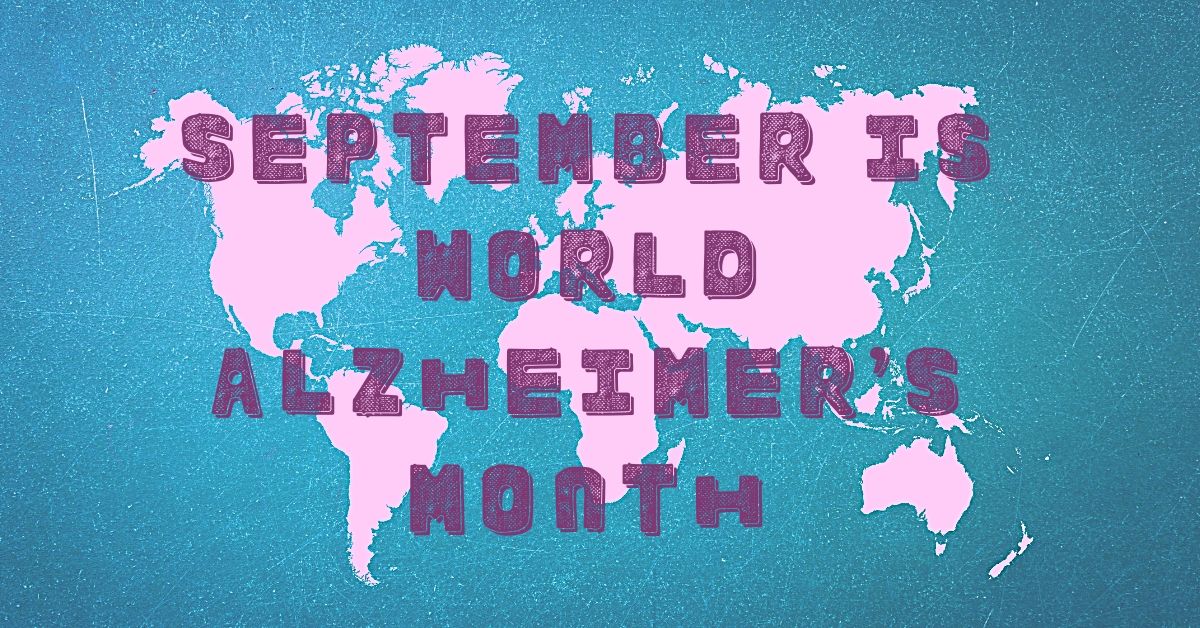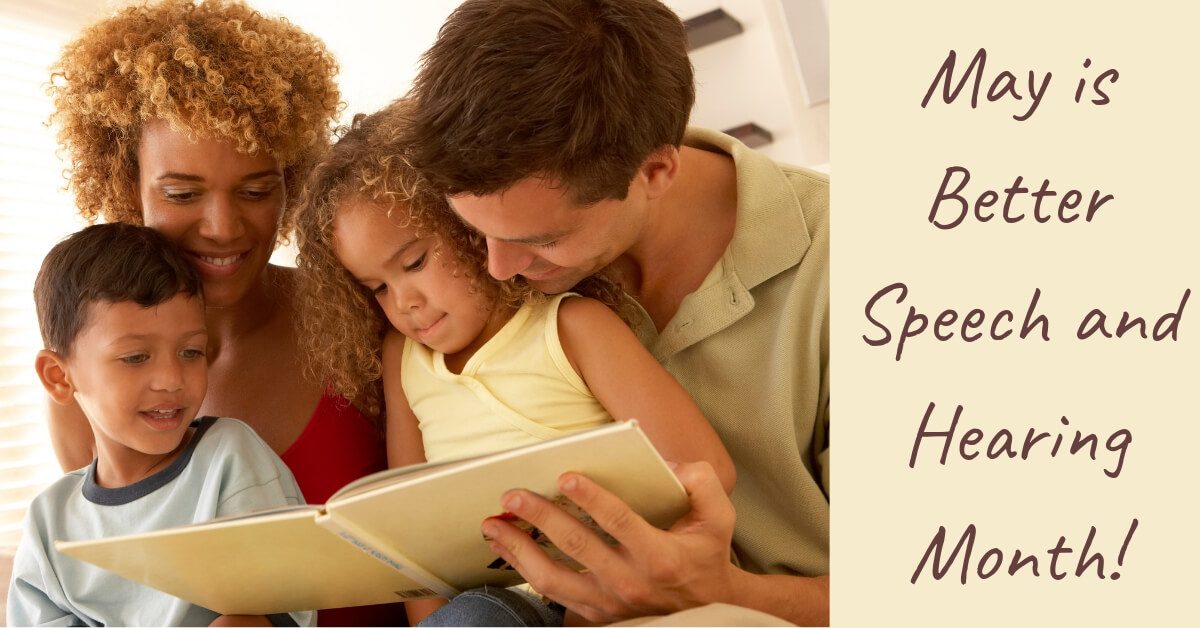The Benefits of Being Social for Older Americans
The thought of watching the television from the comfort of the sofa may be

The thought of watching the television from the comfort of the sofa may be

You can support your hearing in lots of ways, from reducing exposure to

At Evergreen Audiology Clinic, we think everyone deserves to have better

Alzheimer’s disease is a brain condition that impacts areas which

Every May, for the past 75 years, the American Speech-Language and Hearing